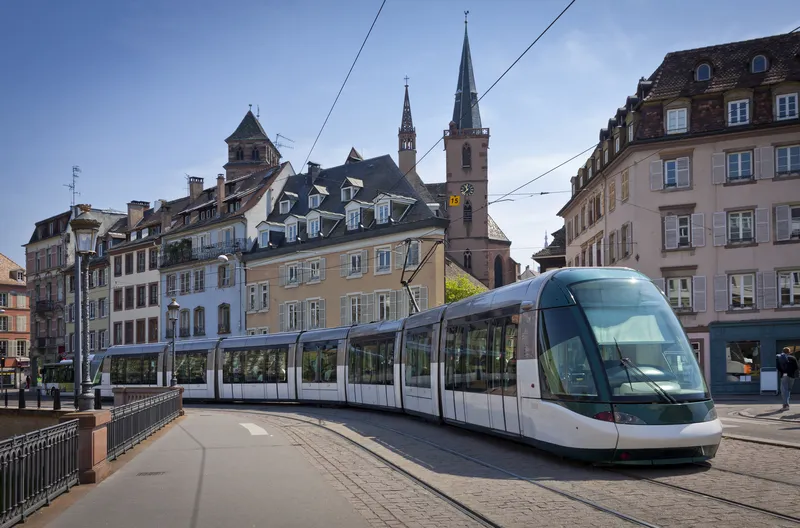Public transport operator Express del Futuro has unveiled plans to test zero-emissions, all-electric buses in a bid to reduce greenhouse gas emissions, noise, and maintenance costs, as well as eliminate fossil fuel consumption over the lifetime of the buses in the Colombian capital. Bus manufacturer BYD is supplying its K9 all-electric bus for the project, which will take into account operational performance, energy consumption during the driving cycle, battery behaviour in terms of discharge and recharge d
March 19, 2013
Read time: 1 min
Public transport operator 7234 Express del Futuro has unveiled plans to test zero-emissions, all-electric buses in a bid to reduce greenhouse gas emissions, noise, and maintenance costs, as well as eliminate fossil fuel consumption over the lifetime of the buses in the Colombian capital.
Bus manufacturer5445 BYD is supplying its K9 all-electric bus for the project, which will take into account operational performance, energy consumption during the driving cycle, battery behaviour in terms of discharge and recharge during the cycles, and total energy consumption. The results of the tests will be compared with tests completed in 2012 by the C40-Clinton Climate Initiative (CCI-C40) and explore the possibility of implementing this technology in new mass transit projects, with the objective of implementing mass adoption of electric buses in the city of Bogota.
Bus manufacturer







